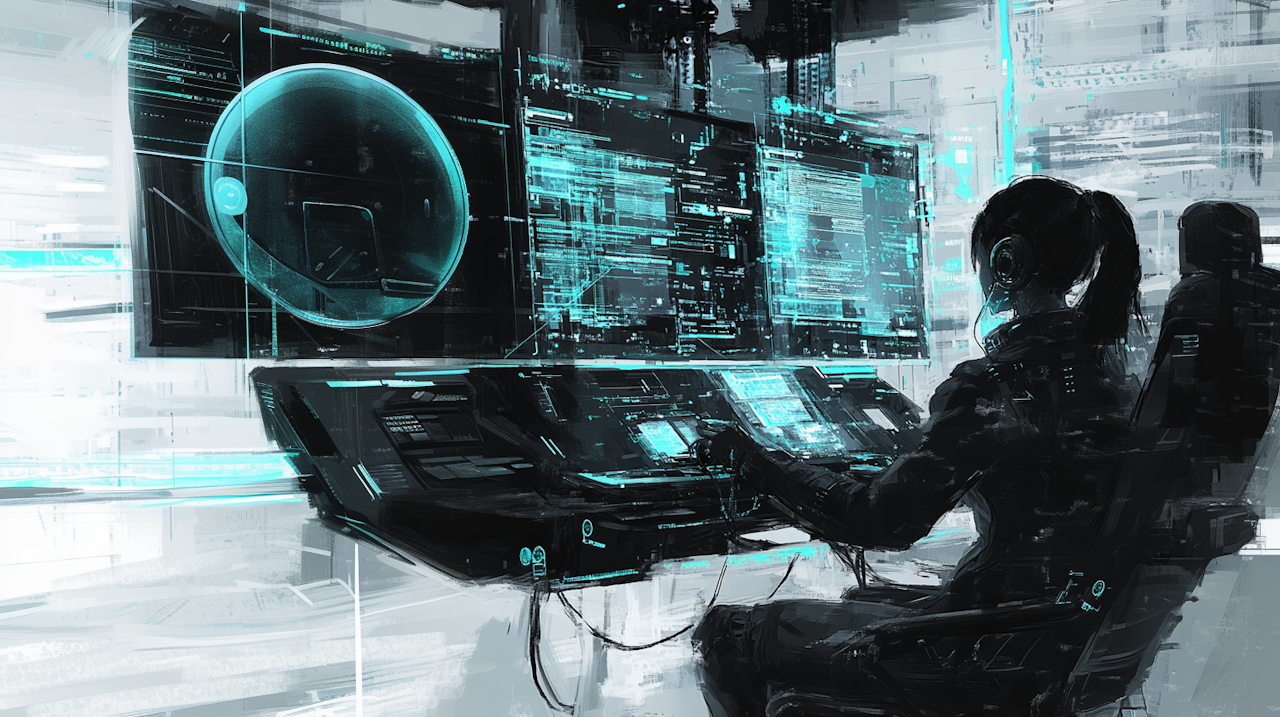The landscape of AI never stays still – it evolves constantly. Today, OpenAI’s Operator is making waves as a groundbreaking solution for seamless web interaction. From autonomously navigating web platforms to completing online tasks that once required significant human oversight, Operator signals a remarkable shift in how we approach digital workflows.
What Exactly Is Operator?
OpenAI’s Operator is an AI agent designed to handle tasks across websites with minimal human intervention. By leveraging advanced language models, Operator interprets on-page elements—such as forms and buttons—and executes tasks ranging from making reservations to filling out complex data fields. According to OpenAI’s Introducing Operator, this approach reduces tedious manual operations and paves the way for more intuitive human-AI collaboration.
Why Operator Is Such a Big Deal
- Reduced Complexity: Traditional automation often requires extensive rule-based frameworks. Operator, on the other hand, “learns” how to navigate interfaces, making it more adaptable.
- Scalable Efficiency: Automation at scale means faster task completion and fewer resources spent on repetitive tasks. This unlocks new possibilities for businesses where large-scale manual data handling was once a bottleneck.
- Enhanced User Experience: By taking care of mundane steps, Operator allows employees to focus on higher-value tasks that demand creativity or nuanced judgment.
A Quick Comparison to Anthropic’s Computer Use
We previously covered Anthropic’s Computer Use in our article on Claude 3.5 Sonnet and Haiku (read here). While both Operator and Computer Use aim for smarter automation, the key difference lies in their core functions:
- Anthropic’s Computer Use focuses on allowing AI to interact with computers in a human-like manner (including moving cursors and typing text).
- OpenAI’s Operator is geared more toward web automation, specifically interpreting online interfaces and elements in real time for streamlined web tasks.
Implications for Search Engines and Older Technologies
- Traditional Search Engines: As AI agents like Operator become more capable of retrieving, synthesising, and presenting information, search engines could shift to a back-end role. Instead of visiting a search page, users might rely on an AI that autonomously locates answers and handles online transactions.
- RPA (Robotic Process Automation): Older RPA systems often require rigid scripts to navigate software interfaces. By contrast, Operator’s adaptive learning model can handle various scenarios more elegantly. This could signal a new frontier for automation, where AI takes over more complex, multi-step processes (CIO).
Looking Ahead
OpenAI’s Operator serves as a lens into the future of AI-driven automation: flexible, context-aware, and increasingly self-sufficient in interacting with digital environments. Businesses exploring Operator stand to gain a competitive edge by deploying systems that dynamically adapt to website changes, handle tasks at scale, and minimise human error.
By bridging the gap between human intuition and advanced machine capabilities, OpenAI is once again pushing the boundaries of what’s possible. As competition in AI intensifies, Operator’s ongoing developments promise to redefine how we perceive and implement automation—one web page at a time.
In Other News…
Pope Francis Warns of AI’s Impact on Truth At the World Economic Forum in Davos, Pope Francis expressed concerns that artificial intelligence could exacerbate a “crisis of truth.” He emphasised the ethical implications and potential societal effects of AI-generated content that is indistinguishable from human-created material. The Pope urged governments and businesses to implement vigilant measures to address these challenges. The Guardian
Apple Suspends AI-Generated News Summaries Apple has temporarily halted its AI-generated news summary feature after inaccuracies were reported, including false headlines about significant events and individuals. The company acknowledged the issues and plans to improve the feature before relaunching it in a future software update. AP News
Anthropic CEO Predicts Rapid AI Advancement Dario Amodei, CEO of AI research firm Anthropic, predicted that AI models might surpass human capabilities in nearly all areas within two to three years. He emphasised the importance of preparing for this rapid advancement and considering its implications across various sectors. Ars Technica


